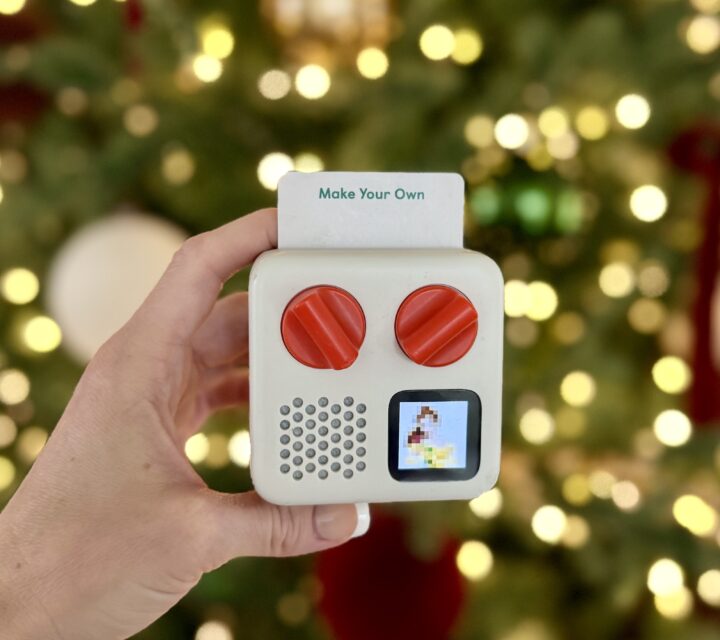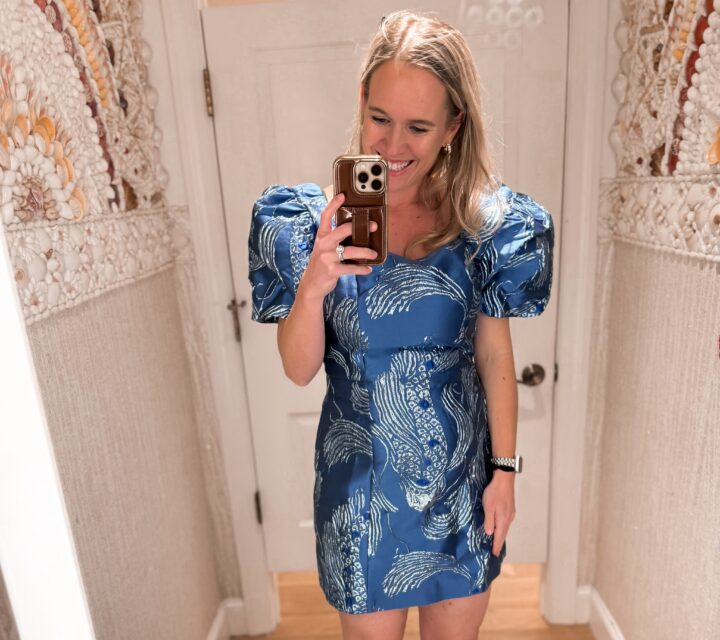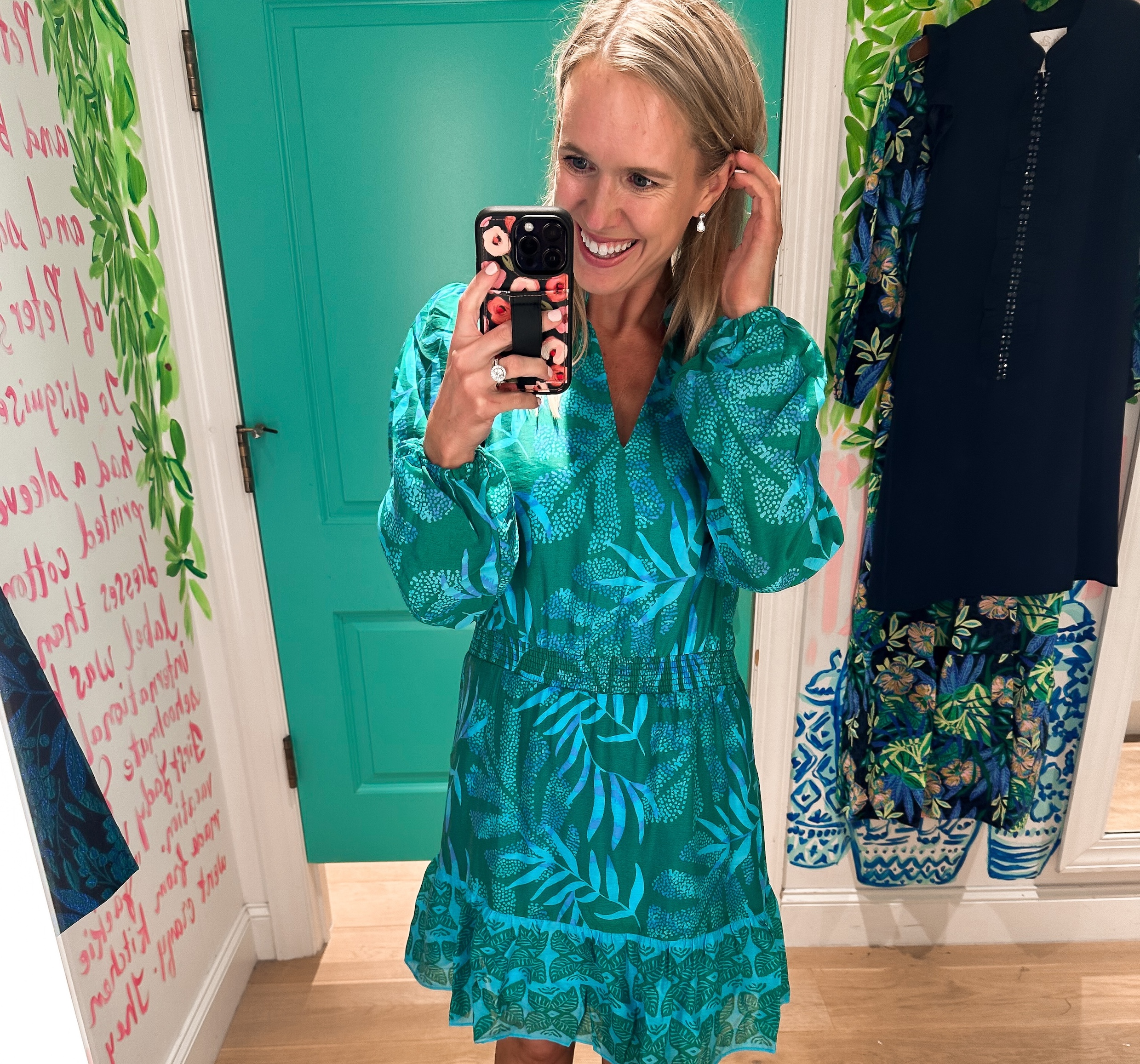
It is a well known fact that applying a hair conditioner after a shampoo is vital in detangling, decreasing static electricity in hair, moisturizing hair and adding that beautiful shine. But which type is for you? Let’s look at 4 types of hair conditioners and determine which type you should use.
4 Types of Hair Conditioners
Instant conditioners
Instant conditioners are the most common. They are applied immediately after shampooing and are left for a short period of time before rinsing. They are ideal for daily use with minimally damaged hair. Usually they contain additives, such as vitamins and herbal ingredients. Instant conditioners are the most popular type of conditioner for both salon and home use.
- Recommended for: most hair types, daily use
Deep conditioners
Deep conditioners, also known as intensive hair conditioners, are similar to instant conditioners, except they are more concentrated and are left on the hair for usually several minutes. They are usually used for extremely dry hair or damaged hair. If hair is over-processed or damaged from excess heat use, it may benefit from an occasional deep conditioner. Before chemical treatment such as coloring and waving, it can be beneficial to apply a deep conditioner.
- Recommended for: dry hair or pre-coloring
Blow drying conditioners
Blow drying lotions are similar to instant conditioners, but they do not contain oil and therefore can be left on the hair and are useful for people with fine hair and excessive scalp sebum.
- Recommended for: oily hair or people with fine strands of hair
Hair glaze or hair thickeners conditioners
They coat hair shaft, increasing their diameter minutely and giving the illusion of thick hair. They usually contain proteins as conditioners. These protein rich conditioners are meant to temporarily seal split ends, add body and fullness to otherwise fine hair.
- Recommended for: low volume hair
While each conditioner provides their own benefit, it may be helpful to use two types of conditioner to best suit your hair needs and create balance. Or change conditioners each month to prevent your hair from getting exposed to only one formula. I personally love Ulta as a retail resource for shampoo and conditioner information specific to each brand. Try mixing it up a little bit or consult your hair stylist for personalized recommendations.
Live your life joyfully so,
Ashley



